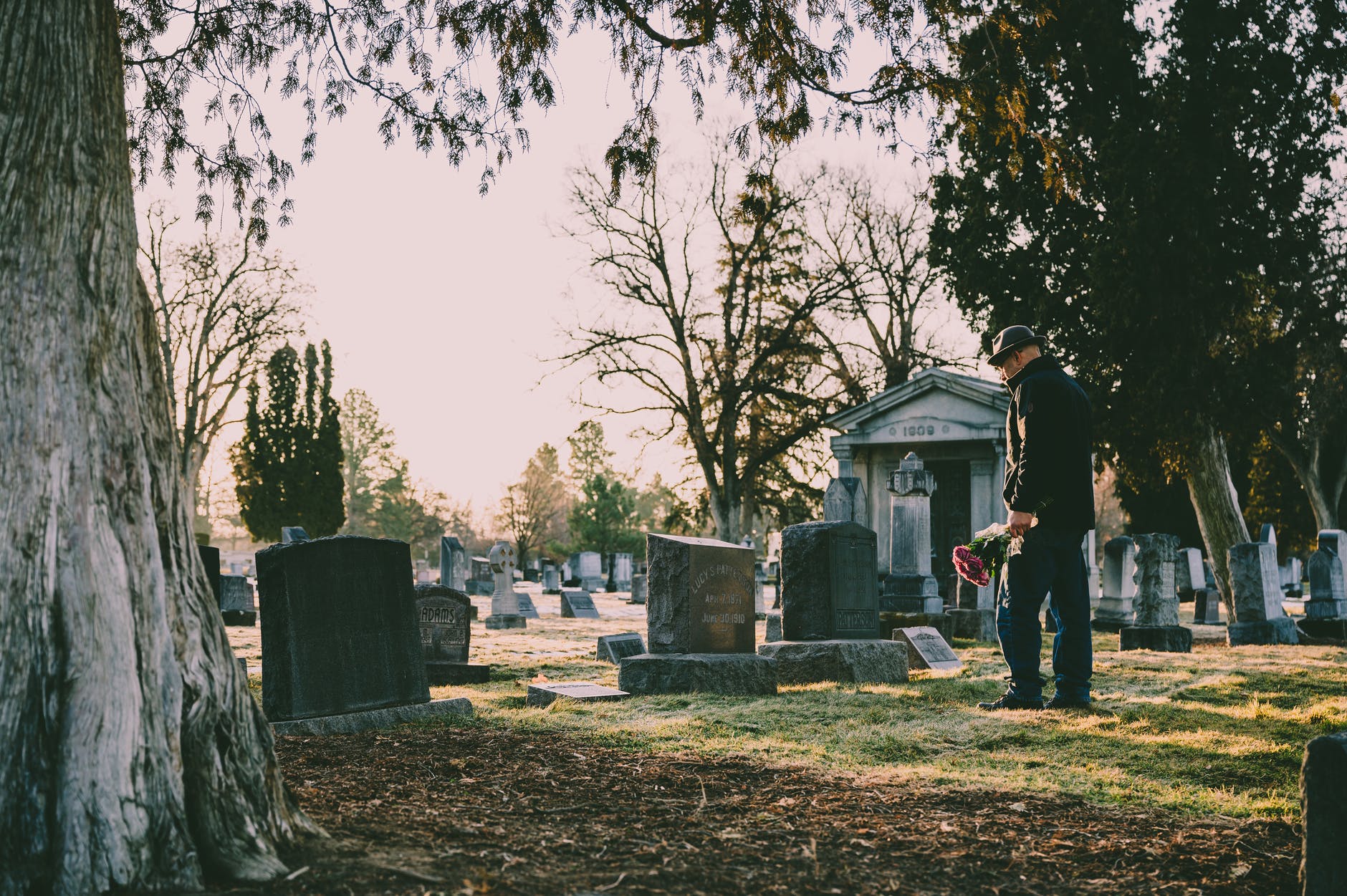Loneliness Awareness Week
As part of Loneliness Awareness Week, our bereavement team have put together some easy ways for you to take care of yourself if you’re experiencing loneliness following a bereavement.
Keep in touch
Although we have to maintain social distancing or self-isolation, this doesn’t mean we can’t talk to other people. It’s important to keep in touch with family members, friends, and colleagues by phone or online face-to-face calls. Don’t forget more traditional means of keeping in touch – writing (and receiving) a letter or a card is a really lovely way to connect with others.
Keep talking – if you can
You may feel hesitant to talk about feeling lonely because it doesn’t seem as important as what is happening in the world with the coronavirus pandemic. But perhaps it’s helpful to remember that many of us will be feeling even more lonely right now, precisely because of the outbreak, and may therefore be very happy to talk; you might find that you help them feel better and, in doing so, lift your own spirits. So carry on talking about your loneliness when you need to, with someone you feel comfortable with or seek support from organisations who can help you.
Maintain a daily routine
With the current restrictions you may find your daily routine has been disrupted and that socialising, work or volunteering activities that help to structure your week are unavailable in their usual form. Many groups and organisations will have changed the way they work and may well still be available to you, albeit in a digital form. Taking pleasure and finding meaning in small things, where possible, can help us to feel more connected – watching the birds in the garden, offering to do something for someone else (shopping, walking the dog, gardening, teaching), singing along to the radio, or making a cake for a neighbour may all make a small difference to how you’re feeling. If you can, try to keep some kind of daily routine such as keeping up with normal chores as well keeping busy with a hobby.
Creative expression
Engaging in creative activity is recognised as being helpful in regulating our emotions and feelings as well as increasing our capacity to positively manage our mood day-to-day. Regular writing, or journaling, has been shown to have a positive effect on our health; by releasing pent up thoughts or emotions through writing, we reduce stress, boost our mood and increase our sense of well-being. If you don’t want to handwrite your journal, there are (free) online journals and apps available to use.
Alternatively, Sobell Art Therapist, Rose Verney, is currently providing art based creative activities for you to do at home.
Have a good night’s sleep
If you are having trouble sleeping at night try not to nap during the day and develop a routine that helps you relax and feel calm before you plan to go to bed. Reading, or perhaps listening to an audiobook, might help (check out your local library for audiobook loans). There is some thought that the blue light emitted from mobile phones other screens can affect sleep. If you can, avoid looking at these for at least an hour before going to bed.
Maintain wellbeing
You may not feel like doing it but make sure that you take some exercise. It is important that you maintain your physical and mental wellbeing by doing as much or as little as you are able. Try one of the many organised exercise classes on the television or online to help you feel more motivated – do what you feel fits your mood and ability. Local exercise groups will have gone online and will make you feel part of a group. If you can, try to get outside every day.
Be kind to yourself
At the moment we are all being asked to think about the needs of those around us; to make sure our neighbours are safe and that vulnerable people are looked after. It is perfectly okay for you to want to be part of this movement and if you feel able please do offer your time to help. But you may also feel that you would like some help yourself and, if so, do reach out. Now is the time to be kind to yourself and to do things that bring you joy and comfort and at your own pace.
Ask for help
Nationally and within your local area, there are organisations who offer support to people who are coping with feelings of loss, sadness and loneliness. They may have changed the kind of support they can offer, but most will still be able to offer some of their services – search online for the type of support you need.
Useful resources
Silverline Age UK: individual and group telephone calls for over 55’s.
The Archway Foundation is an Oxford based organisation working to alleviate loneliness.
Oxford Hub provide emotional and practical support.
The Campaign to End Loneliness; Connections in Older Age.
BBC Sounds app for freely available books, music and podcasts.
Online journal apps and websites include Day One and Penzu.
